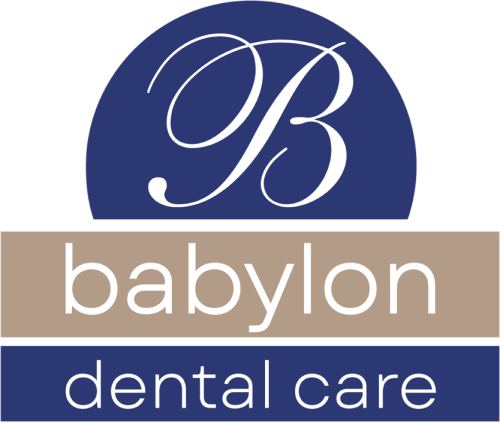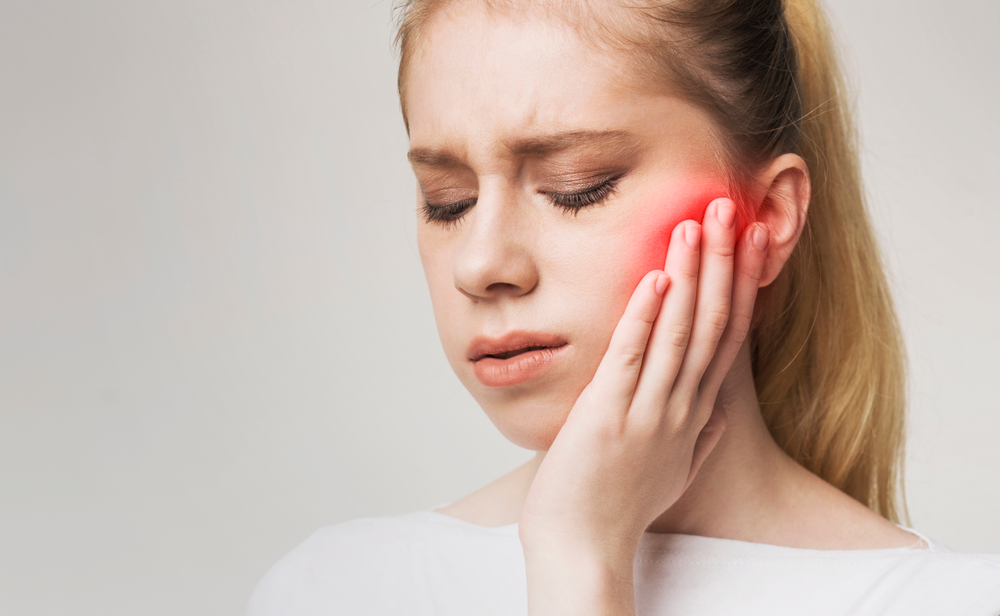Everybody gets the occasional headache. Stress, sinus problems, and even the common cold can all cause headaches. However, if you’ve begun to notice that you are having headaches more frequently than normal and are also experiencing some jaw pain, you may be suffering from a condition known as bruxism. We’ll discuss bruxism in detail below, and if you’re suffering from this condition, we highly recommend getting an NTI mouth guard. These nighttime mouth guards serve as a “cushion” between your top and bottom teeth. This is a convenient and effective solution for those who suffer from bruxism, protecting your teeth and any dental work that has been done.
What is Bruxism?
Bruxism is a medical condition that results when someone grinds their teeth or clenches their jaw when they are not chewing anything. There are two distinct forms of the condition, awake bruxism and sleep bruxism.
“Teeth clenching” is when a person clamps down on their teeth and locks the muscles in their jaw without moving their teeth back and forth. “Teeth grinding” is when, in addition to clenching, the person forcefully or aggressively moves their jaw back and forth or side to side. This causes the teeth to grind against one another.
Grinding your teeth and clenching your teeth are typically unconscious actions. Many people don’t even realize that they are doing it.
Causes of Bruxism
Bruxism’s cause is still being studied. Most medical professionals believe that the disorder is the result of stress, anger, frustration, anxiety, or other psychological factors. Individuals who have intense concentration or focus may also grind their teeth.
Bruxism may be the result of an abnormal bite or alignment of the teeth or jaw. Those with missing or crooked teeth may be at risk of suffering from bruxism, and certain neurological conditions such as Parkinson’s disease may also cause jaw clenching and teeth grinding. Some medications, caffeine consumption, and alcohol consumption could lead to issues with bruxism, as well.
In addition to stress and anxiety, sleep bruxism may also have a genetic component. Those suffering from sleep bruxism may also be prone to other sleep-related conditions, such as sleep apnea and snoring problems.
Symptoms of Bruxism
Bruxism has numerous warning signs and symptoms. Some of them may seem unusual and not necessarily linked to a tooth or jaw problem, but bruxism doesn’t just impact a person’s teeth. Awake bruxism and sleep bruxism can cause a wide range of health problems. These are some of the most common symptoms associated with bruxism:
- Jaw pain
- Fractured, chipped, or loose teeth
- Worn down tooth enamel
- Tooth pain and increased sensitivity
- Facial pain
- Neck pain
- Headaches
- Popping or pain in the jaw joint or temporomandibular joint (TMJ)
- Sleep disturbances
Leaving these symptoms untreated can lead to serious complications. Bruxism can cause severely damaged teeth, lost teeth, tension-headaches, and sleep problems.
How Can Babylon Dental Care Help?
The first step in combating bruxism and its consequences is to talk to an experienced dental health professional like the team at Babylon Dental Care. Our team can perform an oral examination and get to the root of what could be triggering the condition.
From there, our health care professionals can formulate a treatment plan for symptom relief. Treatment could include a mouthguard, behavioral or habit changes, and facial exercises to help relieve pain and protect your teeth and jaw from further damage.
At Babylon Dental Care, we know that a healthy mouth contributes to an overall happy and healthy life for our patients. Don’t neglect your jaw any longer. Call us today and let’s talk about how we can help eliminate your pain and reduce the impact of bruxism on your overall health.


